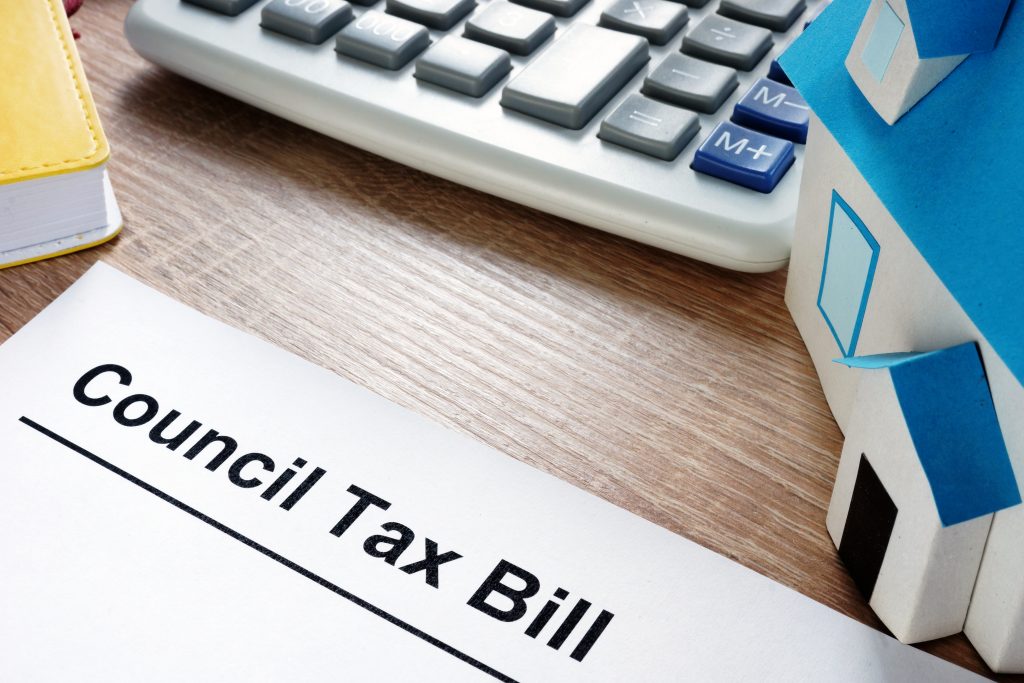Council tax bills could rise by 4.99% if local authorities apply the maximum increase permittable for 2024/5.
The bill hikes mean people living in England are facing an above-inflation £2bn council tax raid, which could wipe out any money saved if income tax is cut in the spring Budget, as rumoured.
According to the Local Government’s Chronicle’s council tax tracker, about 95% of councils are currently planning to implement the highest permitted rise for their authority.
Government rules allow councils to increase core tax by 2.99% in 2024/25 without requiring a referendum, with a further 2% increase in the social care precept allowed for top-tier authorities. This brings the maximum increase allowed without a referendum to 4.99%. Inflation currently stands at 4%.
Only one referendum has ever been held, in Bedfordshire in 2015, when a majority of residents voted against it.
The increases for 2024/25 will add about £100 to a typical band D council tax bill, adding to the financial pressure on households.
The move is expected despite rumour that cuts to income tax, inheritance tax and VAT could be in the Budget on 6 March, with cuts to income tax in particular at the centre of the Conservatives re-election strategy.
But local government leaders and experts have warned that by raising the tax, the burden of the financial crisis in councils was being shifted to the poorest households as council tax forms a larger share of their monthly outgoings than that of a wealthier household.
Last week saw communities secretary Michael Gove announce a £600m funding boost for local authorities. Gove claimed the funding represented a 7.5% increase in core spending power. But this calculation assumes every local authority in England will apply the maximum allowable rise. If tax rates were frozen, the funding would be worth about 4%, the same as the current rate of inflation.
Local authorities across England are in increasing financial distress, with six issuing section 114 notices – essentially declaring bankruptcy – in the past four years after being unable to balance their budgets.
The rises come amid growing calls for changes to council tax which is still based on 1991 property valuations. There is also a growing campaign to increase the single council tax discount from 25% to 50% for people living alone.





